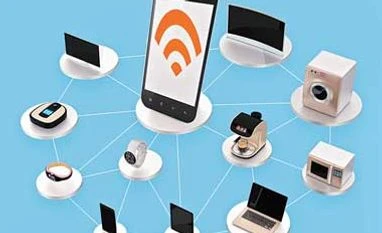IoT is defined as a network of devices that can connect, communicate and control or manage each other to perform a set of tasks with minimum human intervention.
According to the World’s Quality Report, based on the survey of 1,600 IT professionals across 32 countries, of the 85 per cent organisations claiming to have IoT products as a part of their operations, 68 per cent do not have a test strategy for this aspect of IT.
Enterprises are embracing machine-based intelligence, including artificial intelligence, machine learning and big data analytics, to make sense of exponentially growing data owing to the expanding network of devices.
“The growing adoption of digital technologies is consuming large amounts of budget and businesses are finding it challenging to balance innovation with cost, with 48 per cent failing to meet the contrasting demands of handling multiple test environments,” the report said.
"Organisations are finding it tough to strike a balance between quality and speed of development, particularly when it comes to deploying Internet of Things (IoT) technology."
Globally, the report said, IT budgets devoted to quality assurance (QA) and Testing has dropped to 31 per cent this year after growing from 18 per cent to 35 per cent during the preceding four years.
Hans van Waayenburg, Member of the Group Executive Committee and Leader of the Testing Global Service Line, Capgemini Group, said, "To retain a competitive edge, QA and Test organizations must move towards test ecosystem automation, predictive analytics and intelligence-led quality assurance and testing, so that they are able to ensure business outcomes."
)